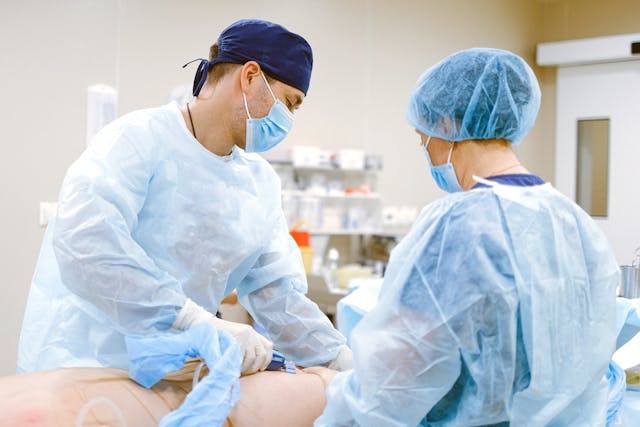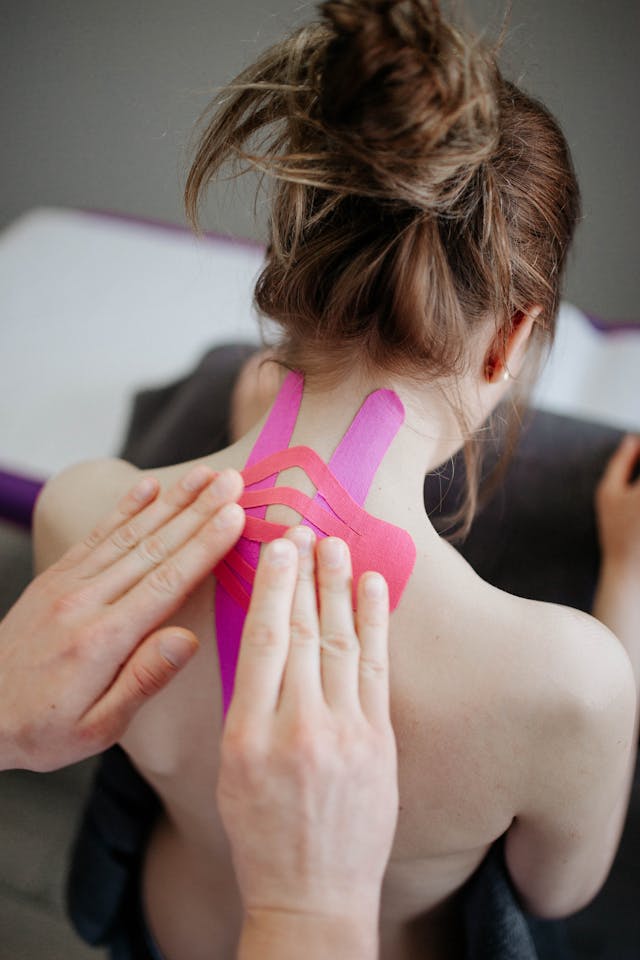Recovering from surgery is a critical journey that demands care, patience, and guidance. Proper rehabilitation ensures faster healing, reduced complications, and an improved quality of life. At Healthproof Physio, we specialise in personalised in-home care, tailoring every recovery plan to your needs. From physiotherapy to comprehensive allied health services, we are here to guide you through every step of your post-surgery rehab journey.
The Role of Physiotherapy in Post-Surgery Rehabilitation
Physiotherapy plays a vital role in enhancing recovery after surgery. Developed with your surgeon, a personalised rehab plan ensures targeted and effective healing. Research highlights the benefits of pre-operative rehabilitation—or “pre-hab”—in improving post-surgical outcomes.
At Healthproof Physio, we focus on:
- Reducing post-operative swelling.
- Preventing scar tissue adhesion.
- Encouraging early muscle activation to minimise muscle wasting.
- Regaining range of motion, strength, and coordination.
Common surgeries that benefit from post-surgery rehabilitation include joint replacements, ligament reconstructions, arthroscopies, and fracture repairs.
Early Recovery: The First Few Days Post-Surgery
The initial recovery phase is often the most challenging as the body adjusts to the changes from surgery. Rest is essential during this time, but following your surgeon’s instructions is equally important. Pain management strategies, including prescribed medications, play a critical role in making this phase more comfortable. Maintaining good hygiene around the surgical site can also reduce the risk of infections, which is crucial for seamless healing.

Pain Management Techniques
Pain is a natural part of recovery, but it can be managed effectively with the right approach.
Here are some techniques to consider:
- Use heat or cold packs as recommended by your healthcare provider.
- Stay hydrated and eat anti-inflammatory foods.
- Ensure adequate rest and manage stress levels.
If pain persists or worsens, consulting your healthcare provider promptly is recommended.
Adhering to Medical Advice
Following your doctor’s post-operative care instructions is one of the most critical steps in ensuring a smooth recovery. Regular follow-up appointments help track progress and address any complications early. This phase also involves adhering to restrictions, such as limiting specific movements or activities, to prevent setbacks. At Healthproof Physio, we work closely with your medical team to align our rehabilitation plans with your overall recovery goals.
Physical Rehabilitation Exercises

Once the initial recovery stage is complete, gradually incorporating low-intensity exercises can help regain strength and mobility. Exercises are tailored to your surgery type and recovery stage, emphasising safety and progress.
For example:
- Gentle range-of-motion exercises for joint surgeries.
- Low-impact strengthening activities like walking or light stretching.
- Balance and coordination drills to restore functionality.
Under the guidance of a physiotherapist, these exercises support long-term recovery and reduce the risk of re-injury.
The Role of Nutrition in Recovery
Nutrition is often overlooked but is a cornerstone of effective post-surgery rehabilitation. A protein-rich diet aids tissue repair, while vitamins and minerals help combat inflammation and promote healing. Staying hydrated also supports overall recovery. Collaborating with a dietitian can help tailor your diet to meet the specific nutritional demands of your post-operative phase.
Emotional Well-Being During Recovery
The emotional aspect of recovery is just as important as the physical. Adjusting to temporary limitations can be stressful, and it’s normal to experience frustration or anxiety. Engaging in mindfulness practices, staying connected with loved ones, and seeking professional support can help maintain emotional wellness during this period.
Recognising Complications
It’s important to stay vigilant for any signs of complications, such as:
- Increased swelling, redness, or unusual pain near the surgical site.
- Fever or chills.
- Difficulty breathing or other unusual symptoms.
Recognising these symptoms early can prevent further health risks and ensure timely intervention.
Long-Term Recovery and Lifestyle Adjustments
Long-term recovery often involves making adjustments to your daily routine. Incorporating regular physical activity, maintaining a balanced diet, and following a tailored rehabilitation plan can help you maintain progress. Working with healthcare professionals ensures your recovery is sustainable and aligned with your personal goals.
For more information or to start your personalised post-surgery rehabilitation journey, contact Healthproof Physio today.

